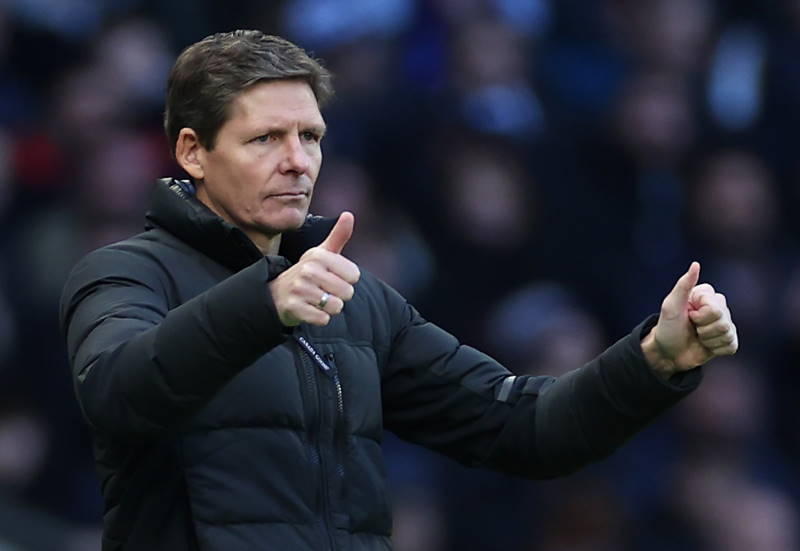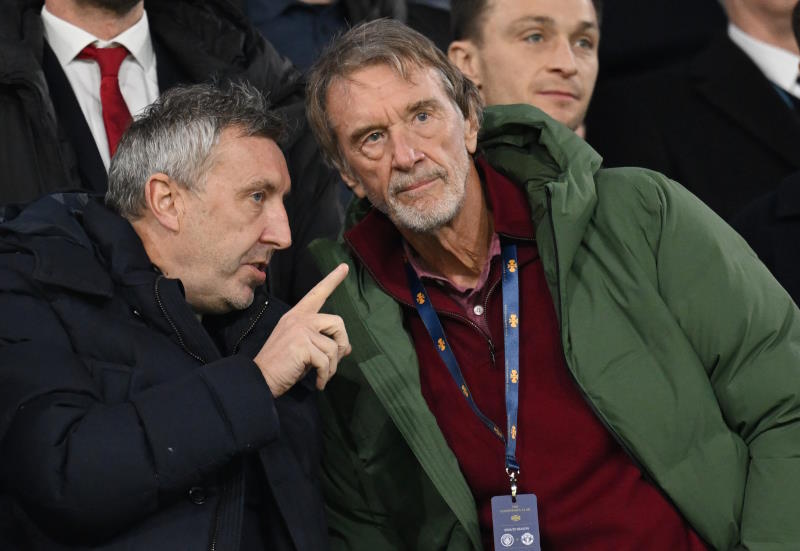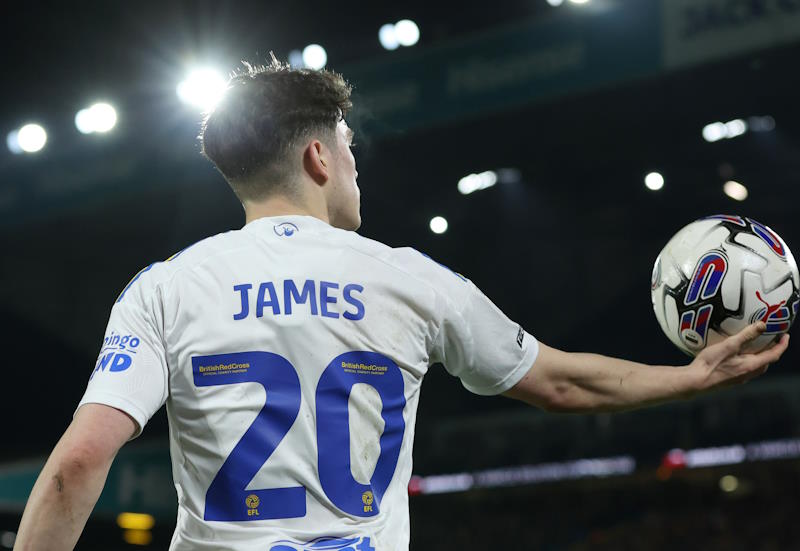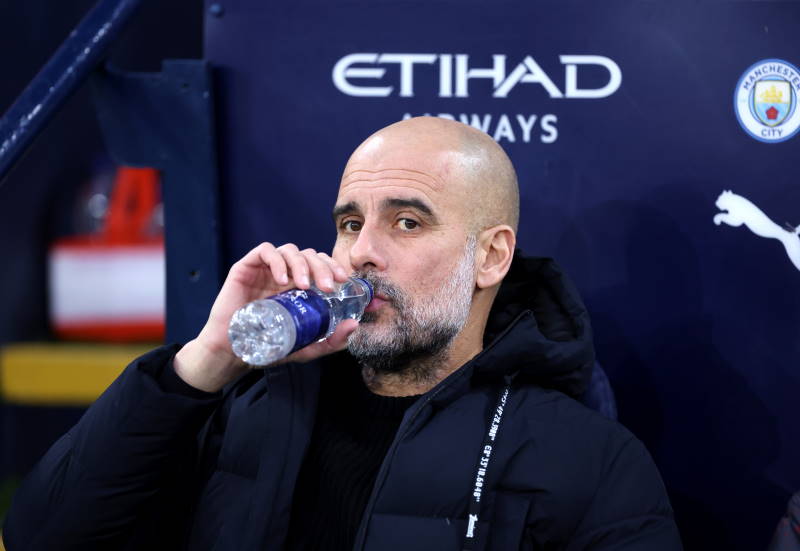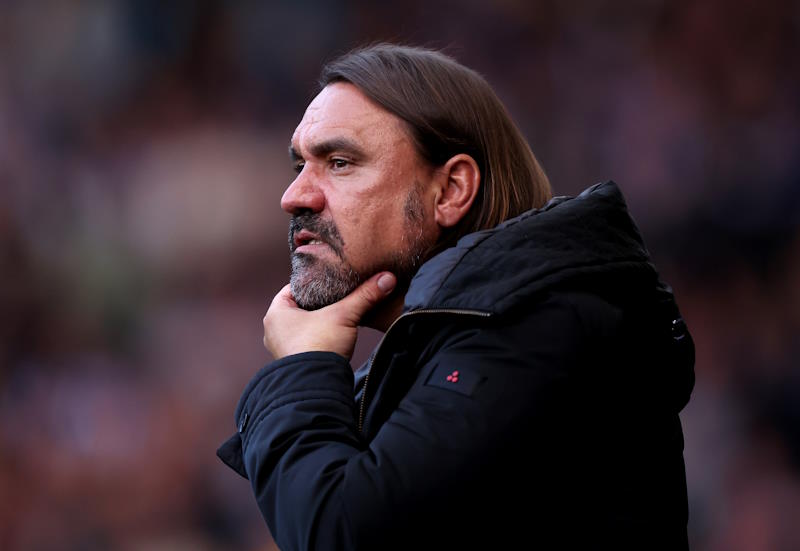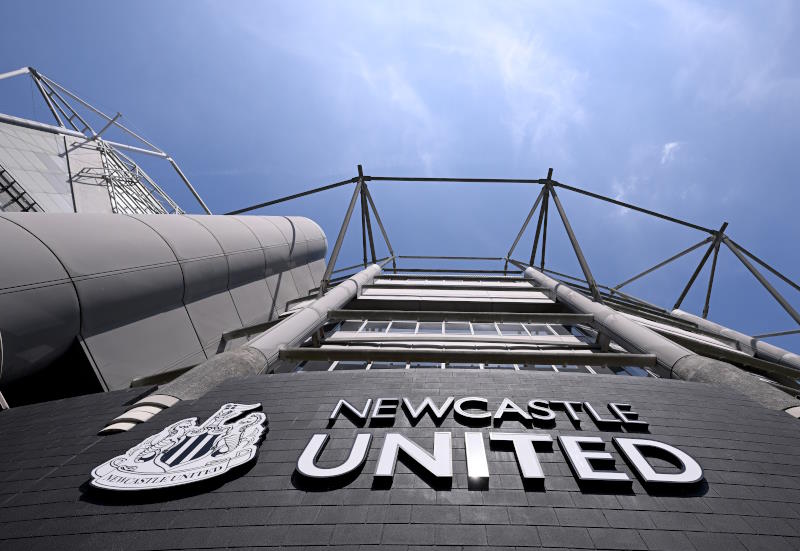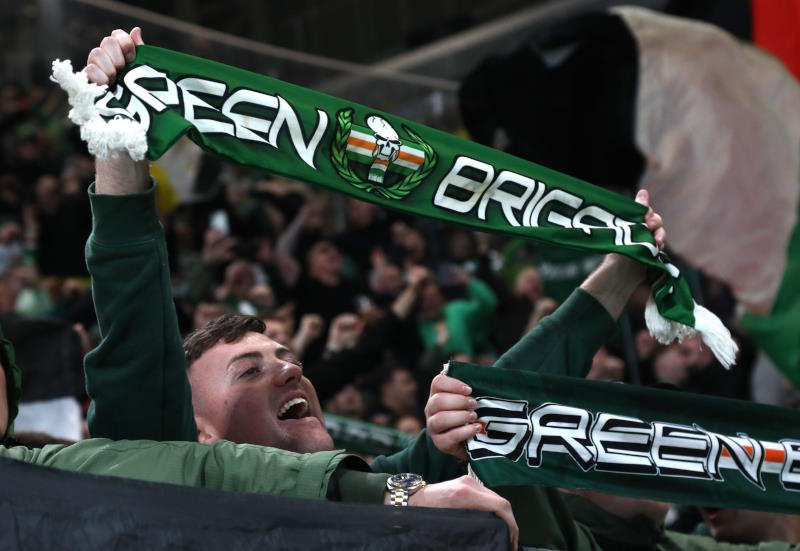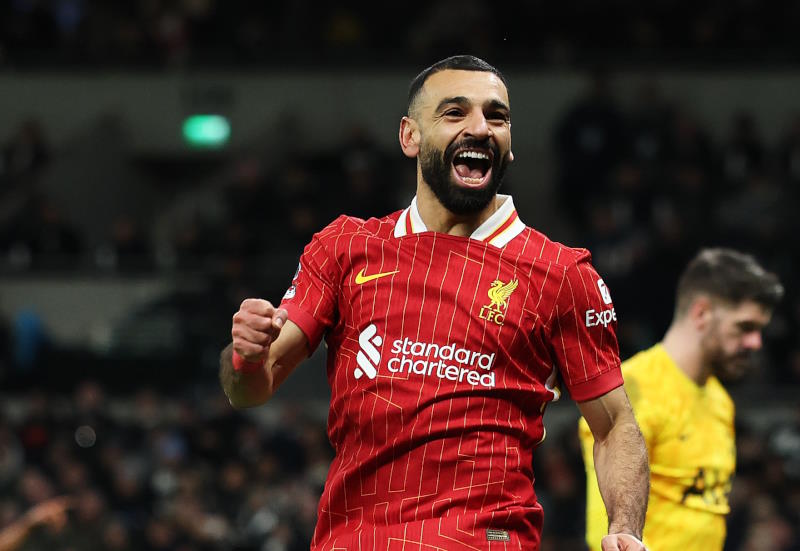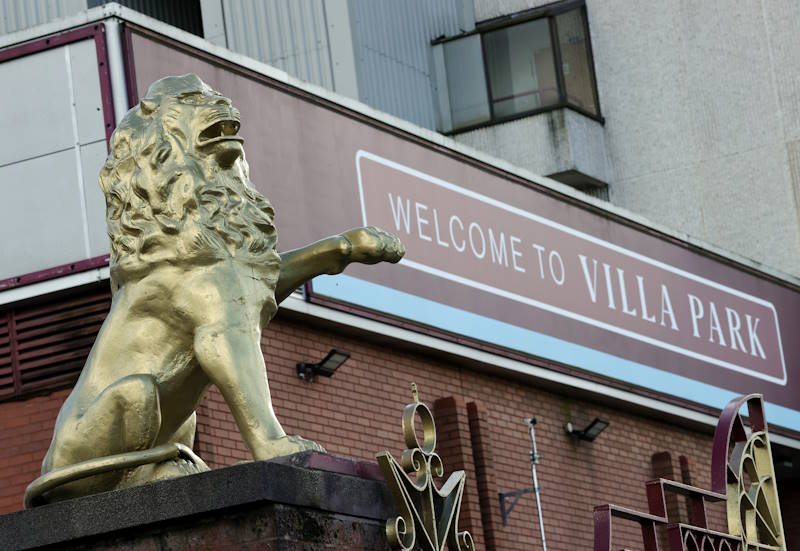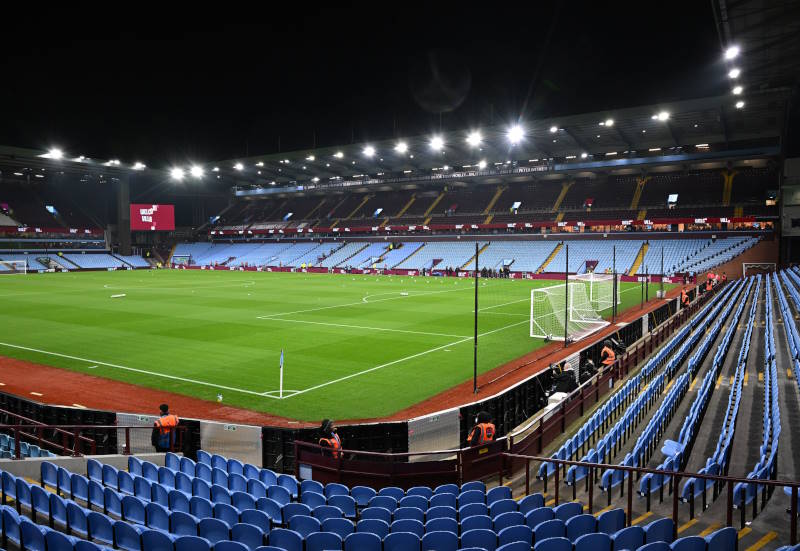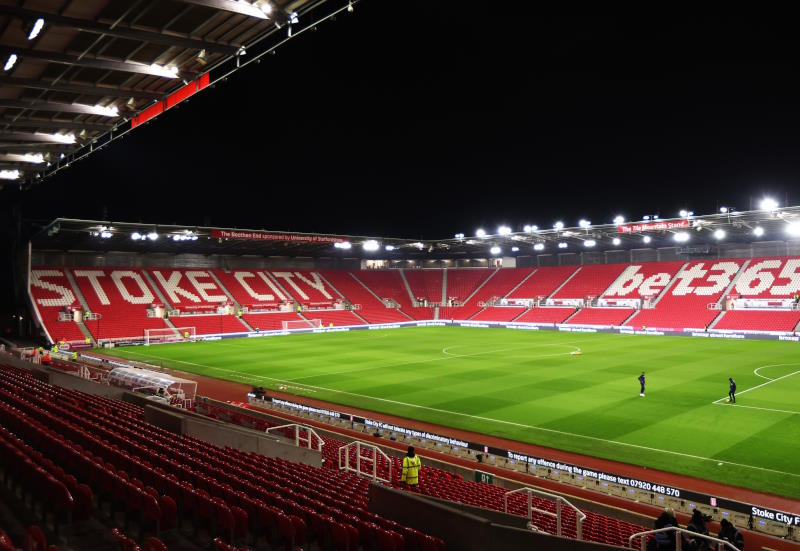
Anthony Hudson is the current manager of Bahrain’s Olympic and U23 sides. He has served as manager as Newport County and a coach at Tottenham Hotspur under Harry Redknapp. Hudson has also taken training at Dagenham & Redbridge under the watchful eye of John Still.
Quite a few years ago a Premier League manager asked me: ‘What is your playing philosophy?’ Being slightly in awe of the said boss, I gave an answer I thought he wanted to hear and would be impressed by. It was uncomfortably unauthentic and a way of responding that I never want to repeat. But it was also one of the greatest lessons I’ve learned in my coaching career.
Thankfully, I now know that having a strong philosophy is the most important thing for a coach. And it has absolutely nothing to do with what anyone else thinks, believes in or how any other team in any league are playing. It is however something that a coach hopes to be remembered for, by everyone in the game.
A coach’s philosophy colours everything he does and every bit of information that comes out of his mouth both on and off the pitch. How he acts and the way he responds dictates the people who are crowded around him – the players and staff, his training program; the stronger and clearer it is, the better the message will be on a daily basis.
Every Saturday afternoon in England there is a relatively good chance at a given league match that the teams playing don’t have a strong playing philosophy that everyone involved is clear about – which of course stems from the technical staff.
Football fans all have their preferences for how they want their teams to play, just sitting in any ground for any length of time confirms that, as supporters make themselves heard loud and clear. But regardless of what it is, whether playing football out from the back or knocking it long, every player has to be on the same page.
 What John Still has done in his stint as manager at Dagenham & Redbridge is absolutely unbelievable. Taking his team from non-league football to now competing against League One clubs is mind-blowing, particularly with such limited resources. Still’s team play a certain style of football, a way that has brought them success in recent years and a way that is not uncommon in the lower leagues. And what deserves respect is the fact that every single player knows exactly what his job is at any given time, both with and without the ball. It’s so very clear, there’s no doubt and no grey areas. This is what creates accountability, which feeds into the amazing team spirit Dagenham & Redbridge have fostered. Regardless of what fans think about their style of football, it is extremely impressive to see every player on the pitch working together, something that can’t be said for a lot of clubs in the Football League. Still has a strong, clear philosophy and players either fit into it or drop out. It’s black or white.
What John Still has done in his stint as manager at Dagenham & Redbridge is absolutely unbelievable. Taking his team from non-league football to now competing against League One clubs is mind-blowing, particularly with such limited resources. Still’s team play a certain style of football, a way that has brought them success in recent years and a way that is not uncommon in the lower leagues. And what deserves respect is the fact that every single player knows exactly what his job is at any given time, both with and without the ball. It’s so very clear, there’s no doubt and no grey areas. This is what creates accountability, which feeds into the amazing team spirit Dagenham & Redbridge have fostered. Regardless of what fans think about their style of football, it is extremely impressive to see every player on the pitch working together, something that can’t be said for a lot of clubs in the Football League. Still has a strong, clear philosophy and players either fit into it or drop out. It’s black or white.
At the other end of the scale is the philosophy of Barcelona. In fact, the word philosophy is wrong: it is more of a culture, a religion and a way of life. It is immense, means everything to the people and is in their blood. And it demands that the team play football a certain way. From the bottom of their academy to the top of the club, players are bred to play the Barcelona way. This culture colours everything: it directs recruitment, it teaches the coaches, it affects the way the coaches and players live and eat, the language they use. It develops them socially, demanding confidence, flair and creativity. But the most important thing for Barcelona is – it is as clear and as strong as anything.
Somewhere in between the two clubs stands Roy Hodgson, a fantastic manager and coach. If only he had been given more time at Liverpool and of course some of the money that his successor has received, there is no doubt that Hodgson would have carried on with his success. It is impossible to become a bad manager overnight and it wasn’t very long ago that he was working miracles at Fulham. Now at West Brom, Hodgson has the chance to once again stamp his philosophy on a club.
His return to the game with the Midlands side is something I am looking forward to, and for coaches who want to learn, there is no better example of a man who knows exactly what he wants from his teams. In my opinion that is why Hodgson has brought success to his previous clubs. He has a blueprint that he sticks to; he believes in it, and as a consequence his message is clear, it makes sense, it is simple and his teams always have something to revert back to when times get a little bit rocky.
The former Fulham manager’s players have an easier time buying into his beliefs too. A Roy Hodgson team is evident: he asks his forwards to make certain runs, his wide players to take up certain positions when in possession, and the ball to be moved in certain patterns. This strength and vision in his playing style dictates his approach, his training methods, the words he uses, the players he recruits; this clear game plan does a great job of reducing as many excuses as possible that are prone to arise from a player when mistakes are made – mistakes which lead to poor results, indecision and a lack of clarity sneaking in.
If there’s a way out of accountability, more often than not it will be taken. And when a philosophy is flimsy or flaky, it becomes a gamble as to what is going to happen on a match day. Roy Hodgson leaves as little to chance as possible due to a clearly communicated vision about his style of play.
Having a strong philosophy is not the same as being rigid however. It doesn’t mean that a coach is taking the creativity out of the game and the player. Barcelona don’t play the way they do by accident. And the best of the best coaches are not there by chance – Jose Mourinho and Arsene Wenger are not where they are in the game today by accident. Both know exactly what they want and exactly how they want their teams to play.
Five-a-sides during the week and on a Saturday we ‘just go there and play’ is the easy way out and the average option. Changing styles, formations, chopping and changing players from week to week are just a few indications that there is an absence of what is most important – a strong philosophy.
As coaches, there are so many motivations in the game; jobs, money, ego, fame, competing, winning, silverware, surviving, and more, but at the end of it all and what really matters, is what does a coach really want to be remembered for?

